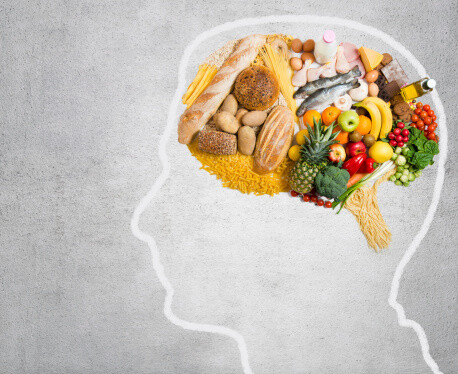Running News Daily
Running News Daily is edited by Bob Anderson. Send your news items to bob@mybestruns.com Advertising opportunities available. Train the Kenyan Way at KATA Kenya and Portugal owned and operated by Bob Anderson. Be sure to catch our movie A Long Run the movie KATA Running Camps and KATA Potato Farms - 31 now open in Kenya! https://kata.ke/
Index to Daily Posts · Sign Up For Updates · Run The World Feed
Just one run changes how your brain reacts to food, new study shows
Going out for just one run can curb your appetite while also heightening your response to food cues in parts of your brain, according to a new study published in the journal Human Brain Mapping.
Researchers from four British universities and one in Japan recently explored the effects of running on blood flow in the brain and its influence on appetite. For the study, 23 men received functional magnetic resonance imaging (fMRI) scans before and after 60 minutes of running or rest. During the scan, each participant viewed three types of images ranging from low-energy dense foods, such as fruits and vegetables, to high-energy dense foods, such as chocolate, as well as non-food items such as furniture.

Researchers found running suppressed how hungry participants said they felt, but it increased the reactivity to food cues in different parts of the brain. Food cue reactivity is the physical and psychological response to the sight or smell of food, which can have an impact on appetite and how much a person eats.
“Our findings confirm individuals feel less hungry during and immediately after an exercise session and provide some insights into the short-term influence of exercise on brain appetite responses,” says Dr. Alice Thackray, senior research associate in exercise and health sciences at Loughborough’s School of Sport, Exercise and Health Sciences. “Although additional research is needed to determine the implications of these findings, we know the brain plays an important role in the control of appetite and food intake. This study is part of an exciting collaboration that we plan to develop further as we continue to explore how exercise and appetite interact, including the influence on central [brain] responses.”

David Stensel, professor of exercise metabolism at Loughborough University, says the role exercise plays in modifying appetite and aiding weight control “remains a hotly debated topic. This research demonstrates that how our brains respond to food cues can be altered by exercise.”
He adds the study “provides a springboard for further work to characterize appetite responses to exercise more precisely and comprehensively. This, in turn, will give us a better understanding of the role of exercise in preventing and managing unhealthy weight gain.”
by Paul Baswick
Login to leave a comment




